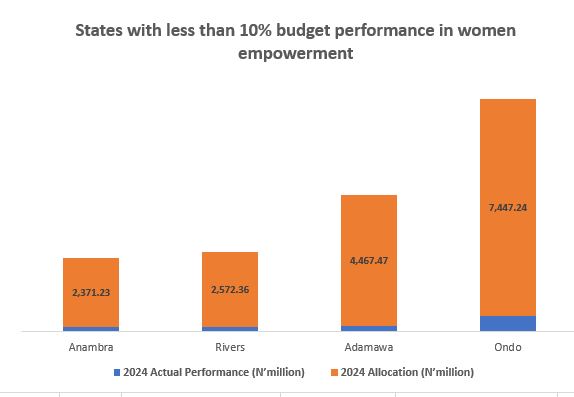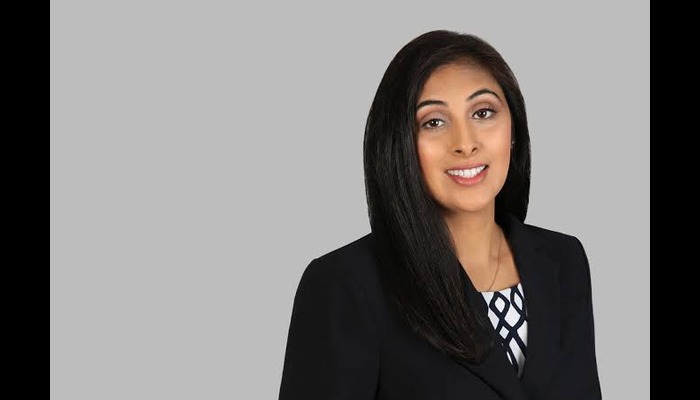Chief executives of some of Nigeria’s largest and most innovative companies are confident about the growth prospects of the country next year.
A survey of 13 CEOs conducted by BusinessDay to measure their level of optimism on a scale of 1 to 10, with one being the least optimistic and ten being very optimistic showed more than 80 percent being very optimistic.
The CEOs who came from diverse sectors including McKinsey & Company, Accenture, All On, Alpha Africa Advisory, Halogen Securities, United Capital, Signal Alliances, Fine and Country, Unilever, Avon HMO, Sahara Group, McKinsey Global Institute (MGI) and the Lagos Business School were interviewed during the 9th edition of BusinessDay CEO Forum.
Most said their optimism is drawn from relative stability of oil prices, implementation of the FG economic recovery and growth plan, Nigeria being out of recession and rise in FDI with improvement in ease of doing business.
“The country is out of recession and there are significant reforms which has encouraged investors leading to a rise in foreign portfolio and direct investments,” said Toyin Sanni, CEO of United Capital.
“All these is raising optimism that 2018 would be far better,” Sanni said.
Nigeria’s oil sector contributes about 8 percent to GDP leaving the remaining 92 percent to the non-oil sector which gives rise to the need for diversification of the country’s revenue.
Ache Leke, senior partner, McKinsey & Company in his presentation on the economic recovery and growth plan said this is where the opportunities lie for Nigeria.
“The way forward for Nigeria really is to improve private public partnership as this is best model to drive growth,” said Leke.
Leke said there are five critical areas that public private sector should focus on to accelerate the momentum of growth currently witnessed. These include jobs, infrastructure, economic diversification and social services delivery.
Yewande Sadiku the executive secretary of the Nigerian Investment Promotion Council who was on a panel discussion that x-rayed the best mode of partnership between the government and private business said that the ERGP document should not be seen as a government document but called on the private sector to own it.
“There needs to be an urgency in private sector engagement with government and you should help them,” Sadiku said.
“Liberalisation of the economy and greater participation of private sector should be encouraged by the government and the private sector should assist in drafting them into the mode they want to see.”
Tonye Cole, Co-Founder, Sahara Group said the current government is listening and talking to the private sector , perhaps because of depressed oil prices which has reduced government revenue but investors should think of long-term collaborations due to the challenges that comes with election cycles.
Bola Onadele Koko, the managing director FMDQ OTC Security exchange also called for faster delivery of economic growth as the current economic expansion rate will not move the needle on growth as fast as the country needs it. “There should be faster pace of the liberalization drive in the economy and greater private participation in the economy.”
Koko said Nigeria should create an atmosphere for capital inflows as the country is not serious with policy implementation. We need to work towards a single digit interest rate.
Recent data from the National Bureau of Statistics (NBS) says the Nigerian population has advanced to 193 million and with 65 percent of the population under 30 years, Nigeria’s offers the best environment for economic growth, the CEOs said.
“To leverage on this huge population, Nigeria needs to take advantage of global disruptions taking place,” said Richard Dobbs, Senior partner, McKinsey Global Institute (MGI). “It can leverage on technology to improve healthcare, education, power and ramp up infrastructure to take advantage of impending growth.”
Weibe Boer, managing director All On, an impact investment firm in the offgrid sector says Nigeria’s projected economic growth can only occur with adequate power. He said the next great thing that will happen in the sector is that off grid projects will render current utilities obsolete.
“ This is already beginning to happen,” Boer said.
ISAAC ANYAOGU, BUNMI BAILEY, ETHEL WATEMI, ENDURANCE OKAFOR, MICHAEL ANI







